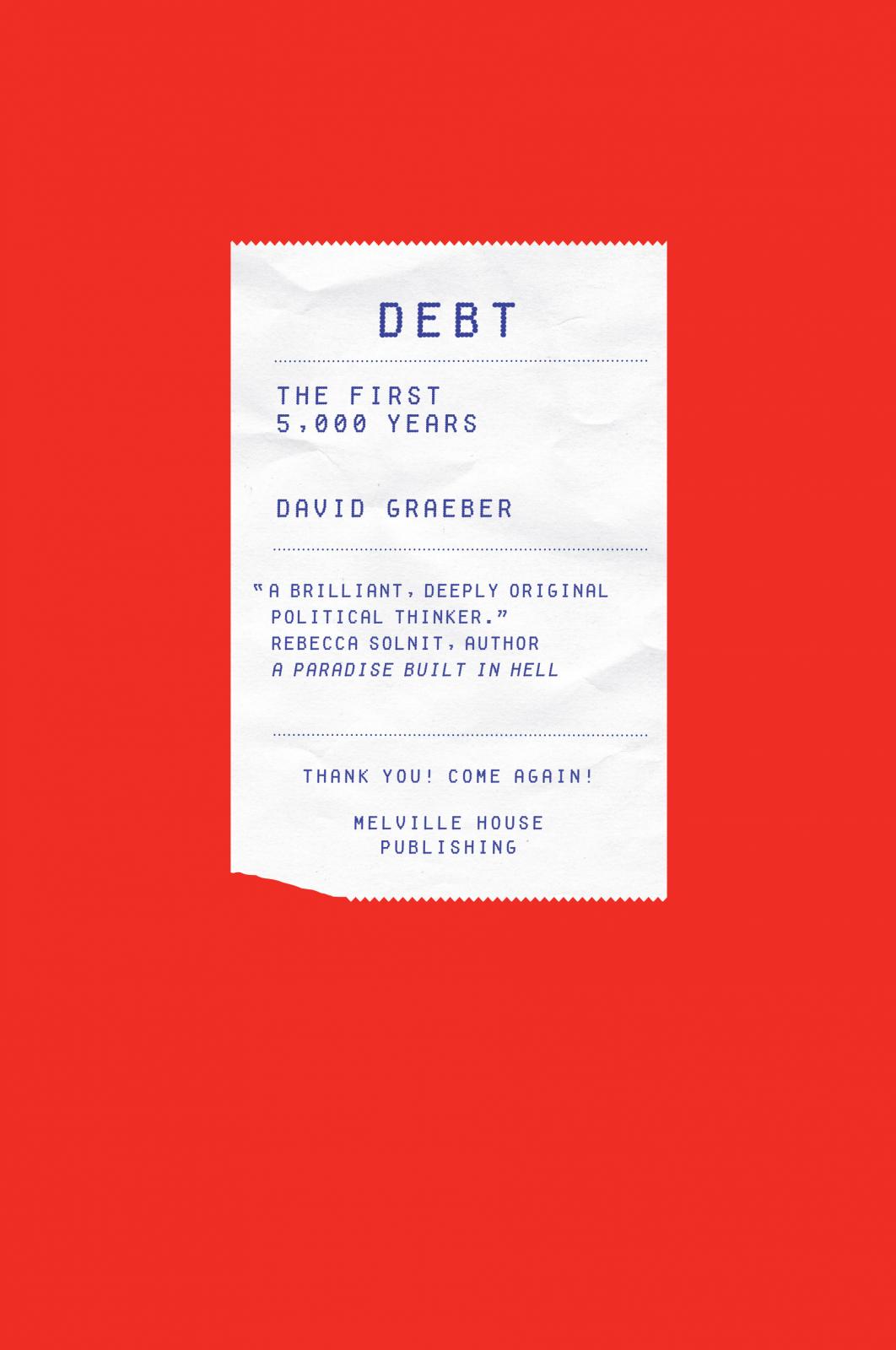The Deep Resentment of Having to Think About It: Rush Limbaugh and Sandra Fluke
...why “privilege” is so importantly different from power or bigotry: privilege must remain ignorant of itself, because it’s the right to enjoy benefits which you aren’t even aware that others get denied...
This is a small point, but still worth making: Rush Limbaugh didn't attack Sandra Fluke because of her or anyone else's sexual behavior. Given his personal history -- and his more general ideological proclivities -- it's fair to say that he is vigorously protective of behaviors which are, as a function of what they are, fundamentally dependent on women who behave precisely in the manner of the straw-woman he is attacking. That's not what this is about. Limbaugh called Sandra Fluke a "slut" because she asserted her right to speak publicly about and make publicly thinkable a set of experiences and problems that he has a very direct and personal interest in excluding from public space. The broader ideological question which Congress was ostensibly discussing -- the question of whether a religious institution can object to covering forms of medical care on the basis of… Read More...



